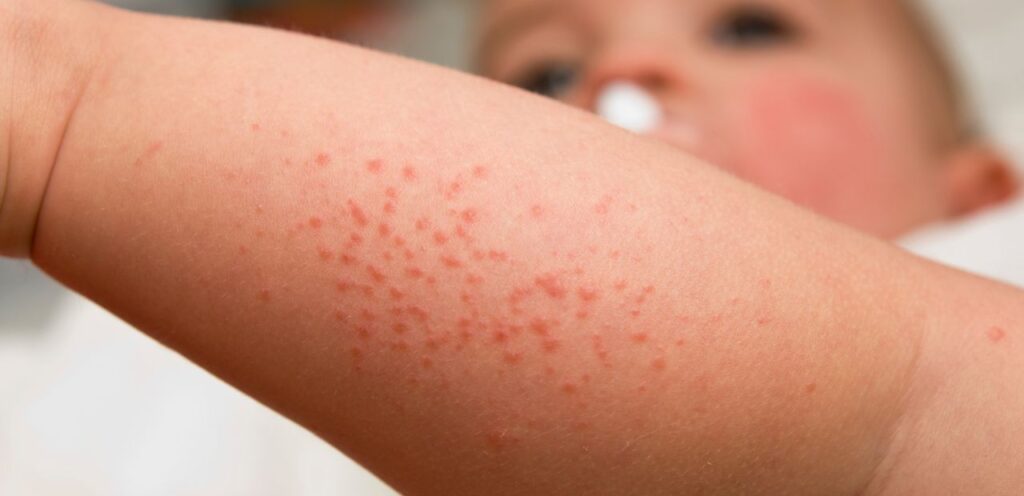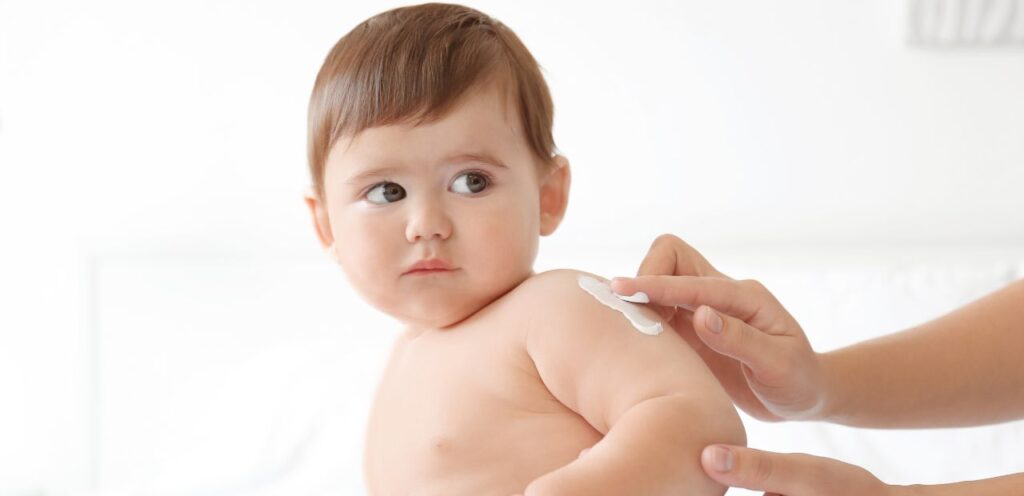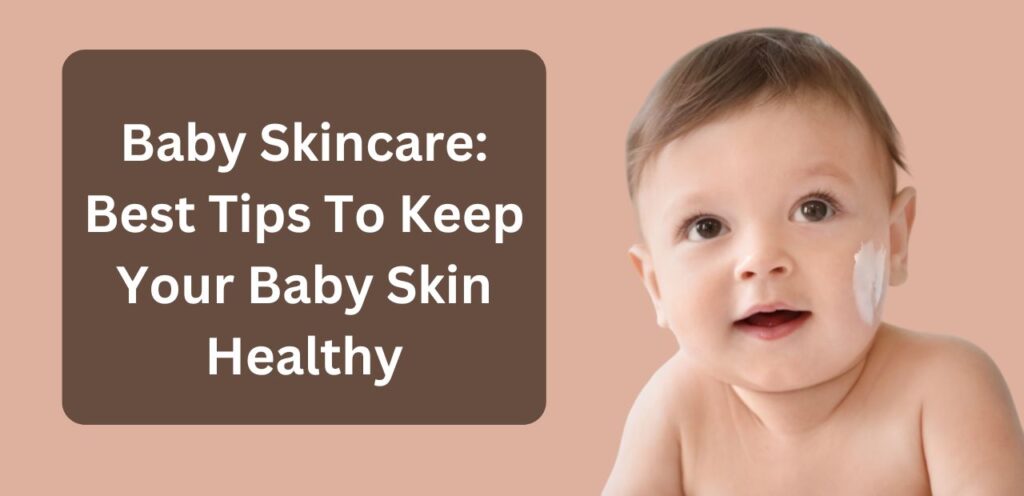Baby skincare: Baby skin care is the first thing that you should consider. Skin is the first thing of defense against the external world. Therefore, it requires special protection and attention to keep it safe and healthy. Baby’s skin is more sensitive than adults. Thus, you can’t use the same baby face cream on your baby’s skin that you are using on your own.
Since the baby’s skin is much thinner, there is a higher chance of developing allergies within the first few months. Especially, newborn babies are more susceptible to developing skin allergies and environmental changes like temperature and humidity. Make sure that what you use on your baby’s skin should be chemical-free, natural, gentle, and dermatologically tested.
Causes of Baby Skin Irritation

Here are the following reasons why baby skin becomes irritated:
1. Cradle Cap
A cradle cap is a type of greasy rash that usually occurs on the scalp of your baby, around the ears, or forehead. It’s not dangerous and in most situations, it does not require any medical treatment.
The cradle cap is treated at home. To treat it, wash the scalp of the baby and scrub gently to remove it. If the rash does not heal after bathing or if it spreads more, talk to the doctor of your baby.
2. Eczema
Eczema is a chronic skin condition, commonly found in babies. It appears on the cheeks first and then spreads to the whole face, arms, and legs. Eczema can be by applying unscented moisturizer on the affected areas twice a week after bathing.
3. Rash due to Heat
Heat rash is an irritation that is commonly found in babies. This rash occurs when the sweat glands are blocked due to some reason. It usually appears on the fold areas of the baby’s skin or where the clothes are tight. Heat rash can be treated by following the given tips:
- Dress your baby in loose clothes
- Avoid oil-based ointments
- Try to keep the baby’s skin cool by giving a bath with cool water.
By following the above-mentioned tips, the heat rash will disappear within two or three days.
4. Baby Acne
Baby acne is common in babies within the first six weeks. It is usually found in 20 percent of all babies. If the acne appears after six weeks of birth, it is not normal and may be a sign of other health problems. To treat baby acne, use lukewarm water and do not use any acne cream or ointment. The acne generally disappears on its own without any medical treatment.
5. Contact Dermatitis
Contact dermatitis occurs when a baby’s skin comes into contact with something that irritates it. It can be in any form like swelling, rash, hives, etc. In this case, consult with your baby’s doctor and apply the recommended ointment or cream.
6. Erythema Toxicum
It is a harmless rash commonly found in babies called erythema toxicum. A pustule (acne filled with pus) can appear on your baby’s hands, feet, arms, legs, and trunk. Medical treatment is not needed in this condition and usually becomes clear within 5 to 14 days.
When to Contact the Doctor?
Consult with the baby’s doctor if any of these occur:
- If your baby has a fever of 100 degrees Fahrenheit in addition to the rash
- The rash that appears infected
- If the rash is not getting better with the treatment
- If the rash or cracking skin is not getting better and even gets worse
Do consult with your doctor before using any medication to treat your baby’s skin.
Tips to Keep Your Baby’s Skin Healthy

Baby Skincare
For parents, their baby’s health is the priority. So, here are the following tips to keep your baby’s skin healthy:
1. Bathing
Bathing is one of the ways to keep your baby clean and healthy. However excessive bathing can remove the baby’s natural skin and can cause dryness. While giving a bath to your baby, make sure that ta soap you are using is mild and chemical-free.
Also, use lukewarm water for bathing your baby. Cover your baby thoroughly after taking the bath. Check the temperature of the room later on when the baby is dried off, it must be warm enough to protect the baby from cold. Always use a cotton towel to wipe the baby’s skin.
2. Powdering
Powdering is one of the skincare products that are to be used by almost every parent. If you are also one of those who powder the baby after a bath, make sure that you are using a safe, chemical-free baby powder that does not cause any irritation to delicate skin. Avoid using grainy, perfumed powder for the nappy area because it may result in unnecessary skin problems later on.
3. Massages
Massages are the best way to relax your baby’s skin. Gently massaging your baby’s skin also makes the skin nourishing and moisturizing. Avoid using commercial oils that contain chemicals and perfumes which can cause skin irritation. Use only natural oils like coconut oil, etc.
4. Avoid Sun Exposure
Avoid your baby’s sensitive skin from exposure to direct sunlight, especially in the first few months of birth, as it can cause sunburn. Wear your baby-covered long-sleeved clothes, caps, and full pants, when he or she is in sunlight. Apply chemical-free and baby-safe sunscreen to your baby’s skin when in the exposed sun. Limit to exposing your baby between 10 a.m. to 4 p.m. as the ultraviolet rays are strong at this time.
5. Wear Loose Cotton Clothes
Wear your baby’s loose and cotton clothes as it prevents the heat rash to some extent. Use cotton clothes as they are soft and comfortable. Try not to use synthetic clothes for your baby as it can irritate his or her skin and can also cause an allergic reaction. And dress your baby in layers or not according to the weather.
6. Use No-Rinse Cleansers
If you are not giving a bath to your baby every day, you should have to keep his or her skin clean. Clean your baby’s skin with a no-rinse cleanser as it can remove dirt from the baby’s pores and prevent irritation.
7. Change Baby’s Diapers Whenever Needed
Leaving your baby in a dirty diaper can cause rash and infection on the baby’s skin. Change your baby’s diaper as soon as it becomes dirty to avoid a rash. And wipe thoroughly the concerned area with wipes.
Conclusion
As the skin is the largest organ on your baby’s body, so you should handle it with extreme precautions. Make sure whenever you are touching your baby, wash your hands before, and maintain personal hygiene. Try to keep your baby’s skin clean and out of the sun. If you notice any extreme conditions, contact your baby’s doctor immediately. For more related guides visit Momvila today.






